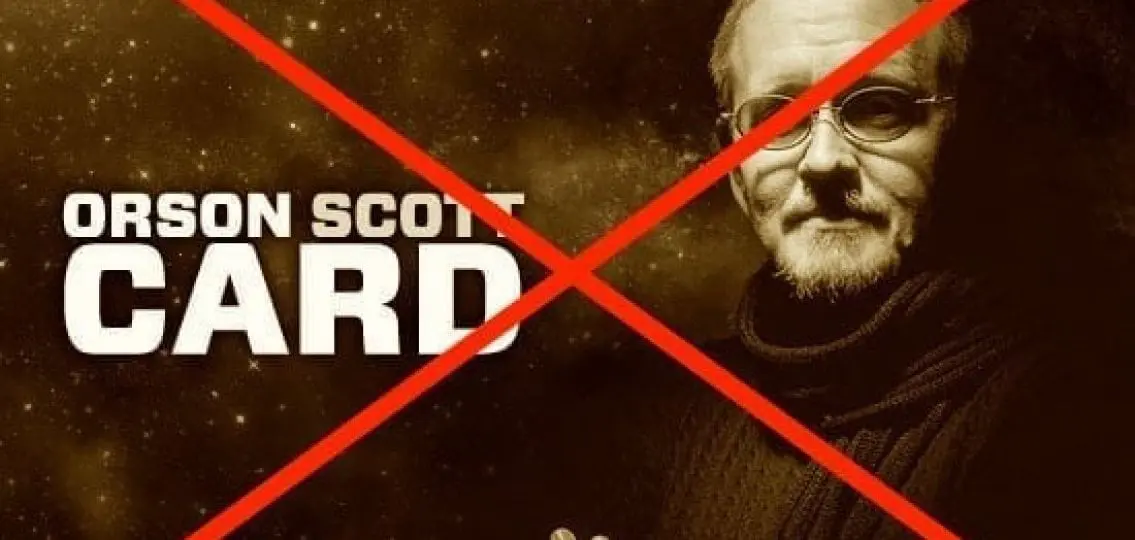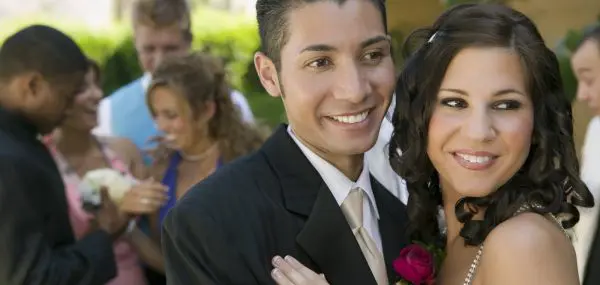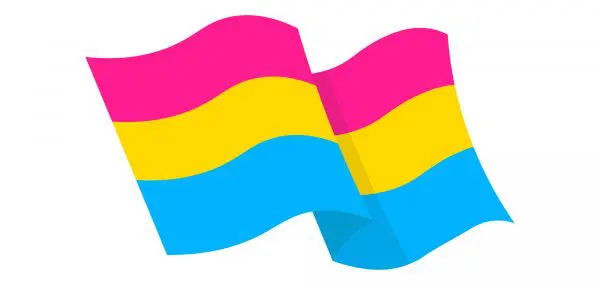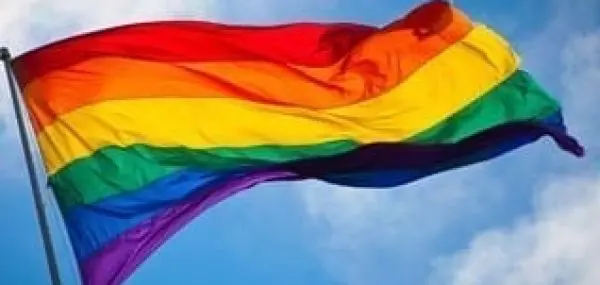Orson Scott Card is my favorite author. But how can I continue to enjoy his books when he has broken my heart and disappointed gay teens everywhere?
Let me explain: Orson Scott Card is the author of a science fiction novel called Ender’s Game, and a whole series of books (and comics) to go along with it. He is also, as DC Comics announced last month, the author of a two-part story that’s intended to launch a new digital Superman comic. As an admitted nerd, a Superman fan, and someone who counted Ender’s Game amongst their favorite books in high school, this should be a best-case scenario for me, right?
Yeah, that’s what I thought too. One problem: Orson Scott Card turns out to be a homophobe.
Now, I don’t mention this to mud-sling (though if you’re interested in seeing some mud slung at Mr. Card, there are plenty of places to look; the massive controversy surrounding DC’s decision to hire him is how I found out about this in the first place). I mention it because I’m surprised at my emotional response. I thought, until I stumbled across Orson Scott Card’s homophobic comments, that I couldn’t be rattled.
Dealing With Homophobia As A Gay Teen
See, the last time something like this crossed my radar screen, I took a stand and held strong. With last year’s Chick-fil-A scandal, I did what I always do in these situations; I lost all desire to give their company my money. What I did not lose, in this particular case, was my desire for those delicious little chicken nuggets they make. Doubt me if you want, but those things are significantly better than any other chicken nugget on the market.
Although I would miss them, I gave them up anyway. My brother and I even joked about it, suggesting that bigotry probably ruined the flavor of the food. The truth is, sometimes people are judgmental. Sometimes people are homophobes. Sometimes people are wrong, and you have to refuse to let it get to you for your own sanity—I’ve known that for as long as I’ve known I was bisexual. For better or worse, it’s part of the LGBT experience for many gay teens.
So why can’t I do the same with Mr. Card? I’ve been thinking about it since the story broke, and I’ve finally come to a conclusion.
In high school, I read Ender’s Game until my copy began falling apart. The first time I cracked its spine, it was a story that swept me up and carried me away. After a few rereads, it became something more than that. Many parts of a teenager’s life can be hard and painful and sad, but hopefully everyone has something that helps them get through it. For me, it was books like Ender’s Game. And the thought of growing up to write them some day.
Betrayed By Our Heroes
It was these stories I loved, and the revered authors behind them. So the discovery that Card thinks less of me simply because of who I am? Thinks I am less worthy of rights afforded to my peers? It’s a little harder to swallow than giving up the chicken. It taints a novel I’ve loved for the better part of a decade, because I’ll never be able to pick it up again without remembering who wrote it. And the fact that when he wrote the book, he almost definitely didn’t mean it to bring joy to bisexual or gay teens like me. That’s heartbreaking. It’s enough to make me, and the teenager I once was, feel betrayed. I know there’s no logic in that, but from where I stand, there’s no logic in homophobia, either. And yet, here we are.
On the other hand, it was announced last week that the planned illustrator of Card’s Superman book has dropped out due to the outcry surrounding this issue, and the book itself, original planned for April release, has been put on an indefinite hiatus. As balms for this sort of wound go, I can’t think of a better one: the knowledge that, despite my personal heartbreak, I’m not alone in wanting better from my former idols.




